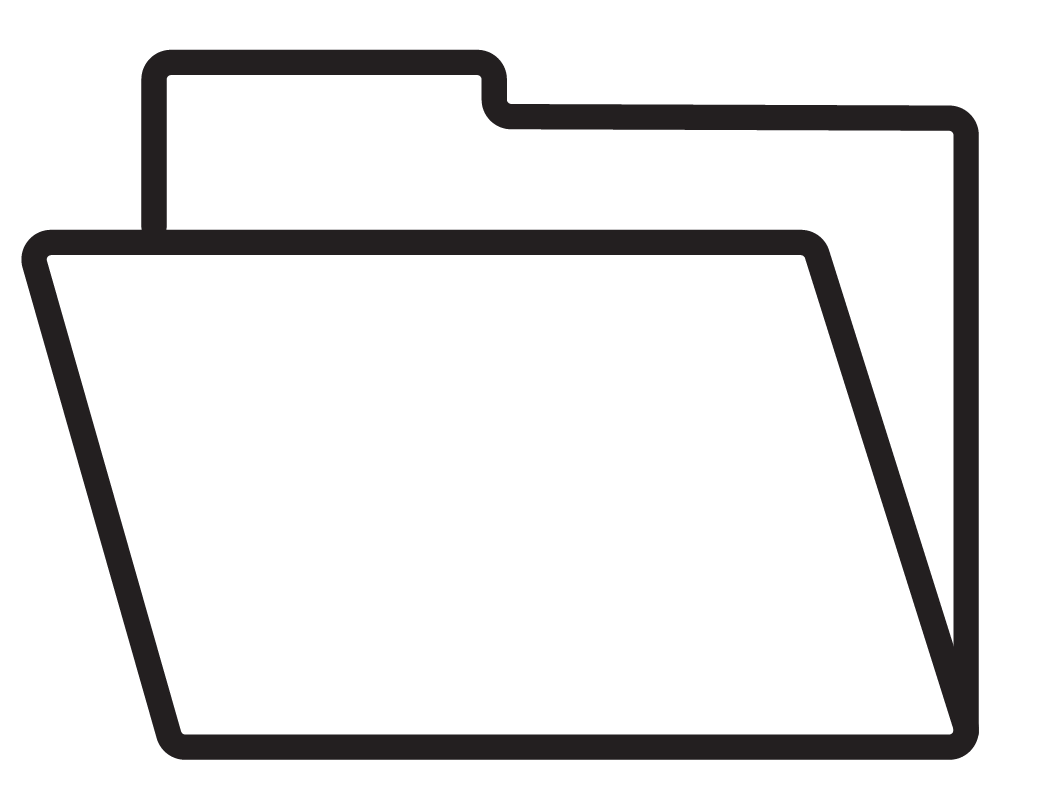Minimum Wage Changes 2025: Guide For NZ Business Owners
Let's face it - you probably didn't start your business because you were excited about payroll administration! But with minimum wage changes coming up, we're here to make this process as painless as possible.
What's Changing?
The new minimum wage rates taking effect from April 1 2025 are:
Adult minimum wage: Increasing to $23.50per hour (up from $23.15)
Starting-out and training minimum wage: Rising to $18.80 per hour (up from $18.52)
There are a few administrative and accounting to take care of.
Key Actions for Business Owners
1. Update Employment Documentation
Before the changes take effect, you'll need to:
Prepare written notifications for affected employees
Update employment contracts to reflect new rates
Review any salary-based calculations
2. Review Payroll Systems
Here's where things can get a bit technical, but don't worry - we've got your back!
Whether you're handling payroll yourself or working with a provider, here's what needs checking:
Update your payroll software with the new rates (super important!)
Double-check all automatic payment settings
Review any recurring payment schedules or templates
Test a sample pay run to ensure everything calculates correctly
Working with Xero or MYOB? We know these systems inside and out. While you're focusing on running your business, we can handle all these updates and make sure everything's ticking along perfectly.
3. Budget Planning
Looking at the bigger picture:
Factor increased wage costs into your cashflow
Adjust your business forecasts
Review pricing structures if necessary
The Ripple Effect: Beyond Minimum Wage
Here's something that might not be on your radar - minimum wage increases often create what we call a "wage ripple" through your entire team structure. Let's break this down:
Internal Wage Balance
If you've got team members earning above minimum wage, they might expect their rates to increase too. Think about maintaining those wage differentials that recognise experience and responsibility levels.
Industry Comparisons Matter
Consider how your wages compare to industry standards:
Research current market rates
Review your overall wage structure
Plan for potential wage negotiations
Consider how to maintain competitive advantages
Compliance Notes
Remember that minimum wage rates apply to:
All hours worked
Both waged and salaried employees
Commission and piece-rate workers
The only exceptions are:
Employees under 16 years
Those with specific minimum wage exemption permits
Planning Ahead
These changes might seem like just another administrative task, but proper planning now can save headaches later.
Need Help?
For tailored advice on financially preparing for these changes, talk to us. Whether it’s updating your payroll systems or forecasting for future growth, we’re here to help.
Disclaimer: This article was written by The Accounts Department (TAD), your friendly accounting experts located in Silverdale, Auckland. While we aim to provide helpful information, please consult with your accountant or payroll specialist for advice specific to your situation.
Additional Resources
For more detailed information, visit:
Employment New Zealand : Minimum wage is increasing on 1 April 2025. Are you ready? (Dec 2024)
Inland Revenue : Employing Staff


